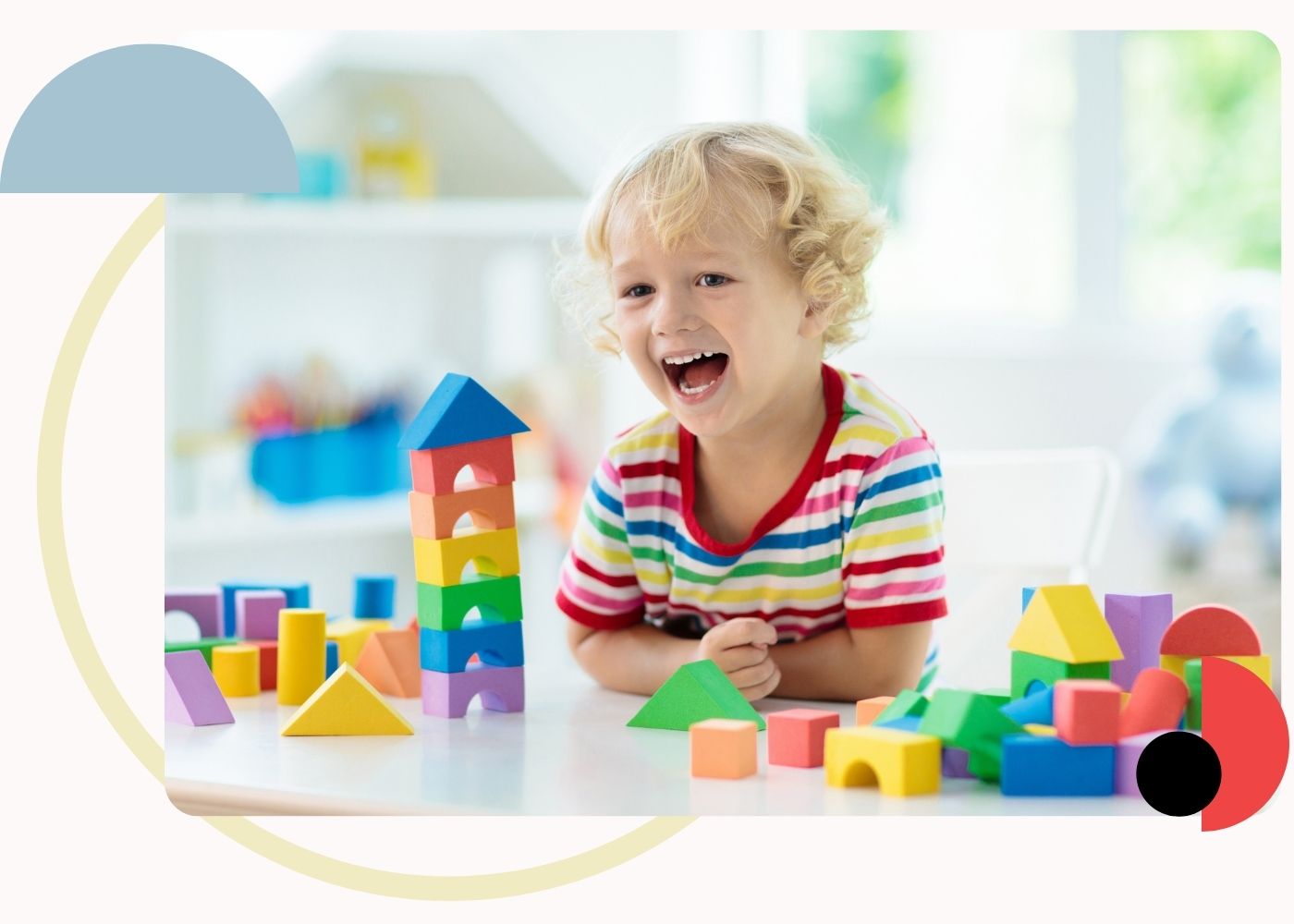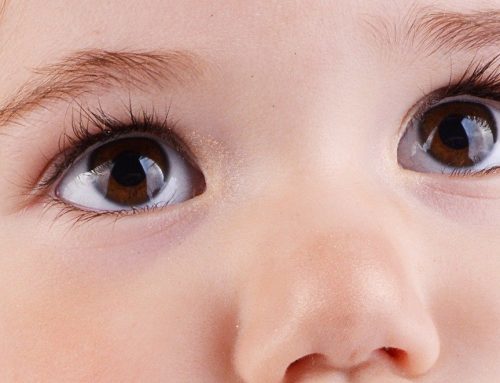Dosage and Speech Pathology? Isn’t dosage a term used when we are talking about medicines?
Yes, getting the dosage just right is really important when you are requiring a prescription from your doctor to manage a physical illness.
Getting the correct dosage of therapy is also really just as important for your child when managing his or her communication disorder.
What do we mean by dosage in Speech Pathology?
Dosage in Speech Pathology can refer to a few things. It can refer to the number of planned sessions for your child, the frequency of those treatments, the time during therapy targeting a specific skill and the number of learning opportunities your child experiences during therapy, at home and at school / preschool.
Just like when medications are prescribed; different doses of treatment can be prescribed for different disorders to achieve better results. There are also several factors that impact treatment dose.
Factors that Impact Dosage
Many factors require consideration by your child’s Speech Pathologist when prescribing dosage for your child. These may include but are not limited to your child’s:
Disorder / Diagnosis
Severity
Attention Level
Age
Co-morbid conditions
Other factors external to your child such as your other family commitments, work hours and access to services also need to be considered when making a decision about treatment dose.
What do we know about dosage in Speech Pathology?
This area of research in our profession is still relatively new. We need to know much more about the optimal doses of therapy for various speech, language and communication disorders. We perhaps know the most about treatment doses for children with speech sound disorders. There is an excellent review of the literature here https://www.theinformedslp.com/review/everything-you-want-to-know-about-treatment-approaches-for-speech-sound-disorders
The evidence base for treatment dose when working with children who have language disorders is also growing. Interestingly the ‘more therapy the better’ mantra is not necessarily true in this case. Research is showing that children with language disorders may actually benefit mores so to low dose/high frequency or high dose/less frequency interventions than to high dose/high frequency approaches.
The bottom line?
Discuss treatment dose with your child’s Speech Pathologist today.





